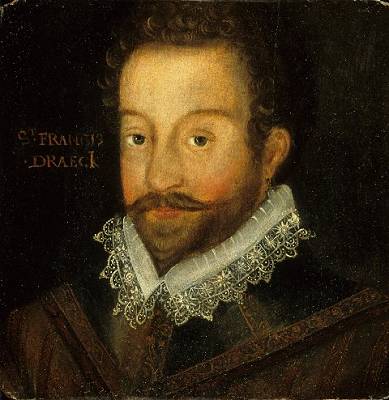:highjack:
Imagine, just for a moment, please that a future prime minister said, "OK, that's it; we cannot afford the sort of military machine we
might need and the one we can afford is inefficient and ineffective, a waste of good money. Thus, effective in a few weeks we will disband the Canadian Armed Forces, regular and reserve, and the Department of National Defence. We will have a new
Department of National Security which will incorporate, amongst other agencies, the Canadian Border Services Agency and the Royal Canadian Mounted Police."
Now, the "new" RCMP would be much larger and would have one new
division, something akin to the French
Compagnies Républicaines de Sécurité (CRS) and the
Groupe d'Intervention de la Gendarmerie Nationale (GIGN), plus much expanded air and marine divisions.
The new RCMP air division will b e interesting. In the immediate aftermath of the Prime Minister's shocking announcement about disbanding the CF the US Ambassador would have come to call. "We respect your right to do as you think best, Prime Minister, in pursuing your national
strategy for effective and efficient government but we must remind you that you have an
obligation to help us protect our
strategic deterrent; that's the main reason NORAD is here. If you're not going to have an air force then we must insist that we have a couple of sovereign bases in Canada ~ say at Cold Lake and Goose Bay and the absolute right to overfly Canada whenever we need to do so." But the PM will be ready for him; "No need, Mr Ambassador," he will say, we will still buy F-35s, the RCMP will fly them out of our current bases at Cold Lake and Bagotville, and we will replace out LRPA fleet, too to continue to provide
integrated, continental support there, too. Our RCMP marine divisions will have new, fast corvettes to participate in regional anti-smuggling operations, including in the Caribbean, and it will have a flotilla of armed Polar 8 icebreakers, too. We'll meet our continental responsibilities." "What about NATO?" the US Ambassador will ask. "We will stay in, in a similar mode to Iceland."
There are issues, of course, like: who helps out in floods, etc, and what happens when we, as a nation,
need to take some action in some remote, dark, dirty place, far, far from Canada? Shall we hire foreign 'contractor' to do our dirty work? Shall we allow 'private military contractors' to exist in Canada, to have 'bases' here?



